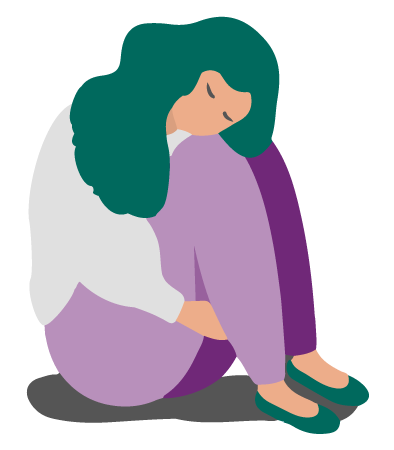APA’s Respect Workshop: Improving School Support for LGBTQ Students
For LGBTQ students to thrive in their schools and communities, they need to feel socially, emotionally, and physically safe and supported. APA’s Respect Workshop is effective at improving school staff support for LGBTQ students.

The American Psychological Association’s (APA) Respect Workshop, developed with CDC support, provides school staff with the knowledge, attitudes, and skills to make schools safe and supportive for lesbian, gay, bisexual, transgender, and questioning (LGBTQ) students.
The workshop teaches school counselors, nurses, psychologists, and social workers about direct services they can provide to LGBTQ students. It promotes implementing school-wide protective practices to address school climate, peer and family support, access to school and community health resources, and inclusive sexual health education.
Lesbian, gay, and bisexual students experience increased health and safety risks

- More than 60% have been so sad or hopeless they stopped doing some usual activities.
- Nearly 50% report seriously considering suicide.
- More than 20% report attempting suicide in the last year.
- 10% have missed school because of safety concerns.
* Kann L, McManus T, Harris WA, Shanklin SL, Flint KH, Queen B, et al. Youth Risk Behavior Surveillance—United States, 2017. MMWR Surveill Summ. 2018;67(8):1-114.
Providing support at multiple levels helps all students thrive
- Individual-level protective factors include helping young people develop problem-solving and coping skills and encouraging bystander interventions.
- Family-level protective factors include family support and connectedness, connection to other caring adults, and connection and commitment to schools.
- Community-level protective factors include community support and connectedness and access to mental health and substance use services.

APA puts the Respect Workshop to the test to promote protective factors
From 2015 to 2017, APA partnered with education agencies to implement an in-person Respect Workshop. The participating state education agencies included Delaware, Minnesota, Rhode Island, Illinois, Mississippi, New Mexico, and Vermont. State education agencies in Illinois, Mississippi, New Mexico, and Vermont participated in data collection before and after the workshops.
100% of survey respondents reported promoting school policies, programs, and practices for a safe and supportive school environment after completing the Respect Workshop
A total of 150 pre-surveys and 114 post-surveys were collected from Illinois, Mississippi, New Mexico, and Vermont representing 28 districts covering over 90,000 students.

After attending the Respect Workshop, school staff are better equipped to address students’ needs
All survey respondents—100%—reported that they had promoted school policies, programs, and practices to maintain a safe and nurturing climate for all students since completing the Respect Workshop.

Respondents reported significant increases in both knowledge and skills, and confidence in their abilities, to
- promote safe school environments,
- motivate students to prevent HIV, STDs, and pregnancy, and
- assist LGBTQ students in coping with specific challenges.
For example, the workshop teaches that students are always looking for safe, supportive people. Survey respondents indicated that after the workshop, they made their support for LGBTQ students more visible by displaying stickers, posters, and resources in their office.
Follow-up data were collected from 16 respondents 3 to 4 months after they completed the Respect Workshop. Respondents reported that they were still taking action.
- Multiple respondents reported on efforts to start or support more engagement with gender sexuality alliances (GSAs).
- Several respondents described taking steps to review and reconsider gender-based graduation gowns.
- Respondents reported reaching out to LGBTQ rights organizations in their state, either as a referral resource or to share information at a school forum.
- Respondents reported continuing to display Respect Workshop resources, stickers, and posters in their offices.
